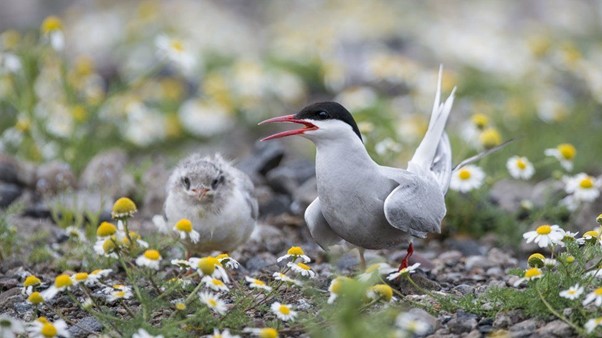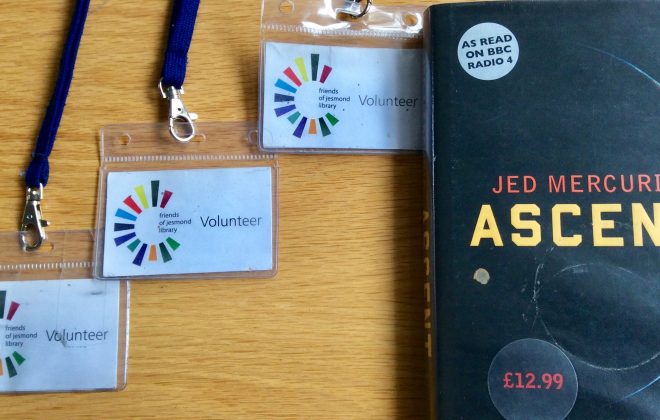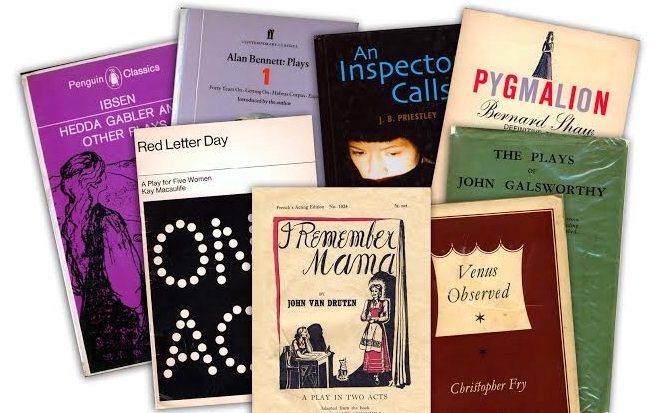Lost and Found
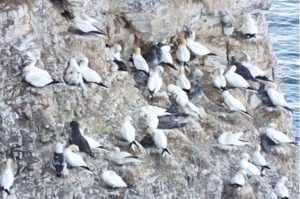 Last year in July 2020, when we could travel, we visited the RSPB’s Bempton Cliffs nature reserve in North Yorkshire. Every year from March to October the cliffs are host to 200,000 breeding seabirds Gannets, Puffins, Kittiwakes and Guillemots, all nesting on the chalk cliff ledges 400 feet above the crashing sea. It was a beautiful sunny day and we were free to roam along the grassy paths in the open air with everyone except the seabirds on the cliffs socially distanced. It was a joyous if noisy experience.
Last year in July 2020, when we could travel, we visited the RSPB’s Bempton Cliffs nature reserve in North Yorkshire. Every year from March to October the cliffs are host to 200,000 breeding seabirds Gannets, Puffins, Kittiwakes and Guillemots, all nesting on the chalk cliff ledges 400 feet above the crashing sea. It was a beautiful sunny day and we were free to roam along the grassy paths in the open air with everyone except the seabirds on the cliffs socially distanced. It was a joyous if noisy experience.
As a family we are island hopping folk. One year on Staffa, a block of basalt rock in the Inner Hebrides, we were entertained by Puffins pecking at our shoes as they began to set up their nesting burrows. But some years ago after a choppy journey to the Farne Islands we had a less friendly squawking, nipping welcome from the nesting Arctic Terns.
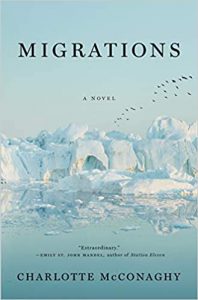 In remembering these journeys and the un-welcome by the Arctic Terns on The Farnes I was drawn to read ‘Migrations’, the first novel by Australian author Charlotte McConaghy. It begins poignantly:
In remembering these journeys and the un-welcome by the Arctic Terns on The Farnes I was drawn to read ‘Migrations’, the first novel by Australian author Charlotte McConaghy. It begins poignantly:
“The animals are dying. Soon we will be alone here’’.
The novel tells the story of Franny, a wilful Irish-Australian woman who has a deep affinity for birds and decides to track and follow the last remaining Arctic Terns as they migrate from Greenland to the Antarctic. This is the longest migration by any animal, as the Arctic Terns cross the globe completing the journey twice yearly. With difficulty she negotiates a place on one of the last fishing boats leaving Greenland on the promise that the captain will find the ‘Golden Catch’ by following the migrating birds’ route. Franny having tagged Arctic Terns with trackers, they act as a guide to the fishing boat on the long journey South.
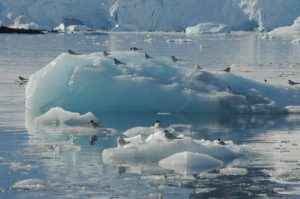 As the boat travels further into the difficult and raging waters, Franny’s own dark troubled past emerges. The story is a mix of many themes including climate change, damaged family life and relationships with a soupçon of Moby Dick. The book time shifts between the fishing boat’s crew coping with the dangerous conditions at sea led by the Ahab-like captain in charge and Franny coping with the memories and realities of her past life in Ireland and Australia. It is interspersed with reflective intervals; observing domesticity in a busy family home as the boat stops in coastal Newfoundland to leave an injured crew member to be nursed and looking at what could have been.
As the boat travels further into the difficult and raging waters, Franny’s own dark troubled past emerges. The story is a mix of many themes including climate change, damaged family life and relationships with a soupçon of Moby Dick. The book time shifts between the fishing boat’s crew coping with the dangerous conditions at sea led by the Ahab-like captain in charge and Franny coping with the memories and realities of her past life in Ireland and Australia. It is interspersed with reflective intervals; observing domesticity in a busy family home as the boat stops in coastal Newfoundland to leave an injured crew member to be nursed and looking at what could have been.
It is a challenging and poignant book with many twists and turns. It tries to grapple with the many changes in the world that impact us as individuals and creatures alike. I was left wondering if the author had written a book as Art imitating Life or Life imitating Art. You will have to decide.
The Random Blogger
blog
Recent Posts
Archives
- July 2024 (1)
- June 2024 (1)
- April 2024 (1)
- March 2024 (1)
- November 2023 (1)
- September 2023 (1)
- August 2023 (2)
- July 2023 (1)
- June 2023 (3)
- February 2023 (1)
- December 2022 (1)
- October 2022 (1)
- August 2022 (2)
- June 2022 (2)
- March 2022 (1)
- February 2022 (2)
- January 2022 (1)
- December 2021 (2)
- November 2021 (3)
- October 2021 (4)
- September 2021 (1)
- August 2021 (2)
- July 2021 (2)
- June 2021 (1)
- May 2021 (2)
- April 2021 (1)
- March 2021 (3)
- February 2021 (4)
- January 2021 (7)
- December 2020 (2)
- September 2020 (2)
- August 2020 (3)
- July 2020 (1)
- June 2020 (6)
- May 2020 (5)
- April 2020 (4)
- March 2020 (7)
- February 2020 (4)
- January 2020 (5)
- December 2019 (4)
- November 2019 (4)
- October 2019 (4)
- September 2019 (6)
- August 2019 (4)
- July 2019 (5)
- June 2019 (4)
- May 2019 (5)
- April 2019 (8)
- March 2019 (10)
- February 2019 (9)
- January 2019 (6)
- December 2018 (4)
- November 2018 (10)
- October 2018 (10)
- September 2018 (4)
- August 2018 (5)
- July 2018 (7)
- June 2018 (1)
- May 2018 (8)
- February 2018 (1)
Categories
- Book review (26)
- Client story (10)
- Events (180)
- Inspiration (97)
- Tips & tricks (1)
- Uncategorized (13)
- what's happened (22)

